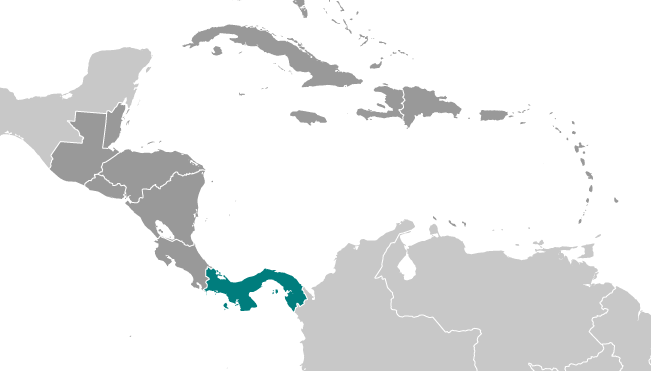HISTORICAL BACKGROUND
The Constitution was amended in 2004 to include a right of access to information.(1) Article 43 gives all persons the right to access public information except in cases where it has been restricted by law. Article 42 allows individuals the right to access and control personal information held by public or private bodies. Article 44 gives the right of habeas data to enforce both of these rights of access in court.
The Law on Transparency in Public Administration was approved by the National Assembly in December 2001 and promulgated on 22 January 2002.(2) The law gives the right for any person to ask for information in any form from government bodies. Individuals also have the right to access their own files and correct them. Government bodies must respond within 30 days. Fees can only be charged for reproduction.
Information relating to another person's medical and psychological condition, family life, marital and sexual history, criminal records and telephone conversations and other private communications is considered confidential and cannot be released. Restricted information relating to national security, commercial secrets, investigations, natural resources, diplomatic relations, and cabinet discussions can be withheld for 10 years.
Government bodies also have the obligation to publish regulations, general policies and strategic plans, internal procedure manuals, and descriptions of organizational structures. A code of ethics requires that all senior government officials publish declarations of their financial holdings, conflicts of interests and other information for anti-corruption purposes.(3)
Appeals can be made to a court under an action of habeas data.
There are sanctions for failing to comply with the law or destroying or altering information.
The Ombudsman (La Defensoría del Pueblo) has been active in promoting implementation of the law.(4) It set up a "Transparency Node" and made arrangements with government departments to facilitate access to information online such as the state payroll. The office also published a guide on the Act(5) and has pursued cases in court including against departments that did not make their payrolls available online.
A controversial implementing decree was issued in May 2002 that limited access to "interested persons."(6) The regulation was criticized by the OAS, the Ombudsman, civil society groups and the media.(7) The Ombudsman filed a complaint with the Supreme Court asking the court to find the regulation illegal. The Court upheld the restrictions in a series of cases. However, starting in 2004, the Court reversed its position and ruled that it was not necessary to show an interest. President Martín Torrijos ran on a campaign of anti-corruption and was critical of the regulation. His first act as President in September 2004 was to repeal the regulations.(8)
There are still many serious problems with the implementation of the Act. The Inter American Press Association (IAPA) noted some of the problems and made recommendations on changes in February 2006, stating:
This legislation begs many serious questions. There still exists a culture of secrecy in Government, which has not been overcome. Public employees are reluctant to offer information, and, in general, deny or make excuses upon receiving requests. Therefore, it is recommended improving Chapter VI of the law that deals with sanctions and responsibilities of government employees when information is denied. There cannot be an adequate implementation of this law while there is no awareness campaign at all levels on the benefits and how it can be used in practice. In general, citizens, public officials, and civil society do not use this law, so the Government is urged to launch a staunch educational campaign.(9)
2004 freedominfo.org Global Survey Results - Panama
NOTES
Constitución Política de la República de Panamá. http://www.asamblea.gob.pa/actualidad/25176_2004.pdf
Ley No. 6 de 22 de enero de 2002 Que dicta normas para la transparencia en le gestión pública, establece la acción de Hábeas Data y dicta otras disposiciones.
See Decreto 15 de 19 de julio de 2002 "Por el cual se establece el Código de Ética en el Tribunal Electoral". http://www.tribunal-electoral.gob.pa/codigo-etica/
Homepage: http://www.defensoriadelpueblo.gob.pa/
See Que dicta Normas para la Transparencia en la Gestión Pública, establece la Acción de Habeas Data y otras disposiciones, enero 2002, http://www.defensoriadelpueblo.gob.pa/Publicaciones/PDF/Ley6.pdf
Decreto Ejecutivo 124 de 21 de mayo de 2002.
Opinión en torno al Decreto Ejecutivo que reglamenta la Ley de Transparencia, 5 de Junio de 2002. See also http://probidad.org/regional/legislacion/2001/024.html
Executive Decree 335, 1 September 2004.
Inter American Press Association, IAPA asks Panamanian Congress to strengthen reforms on press freedom, Recommendations during Chapultepec Forum on decriminalization of libel and slander, right to reply, transparency, and access to public information, 14 February 2006.





















